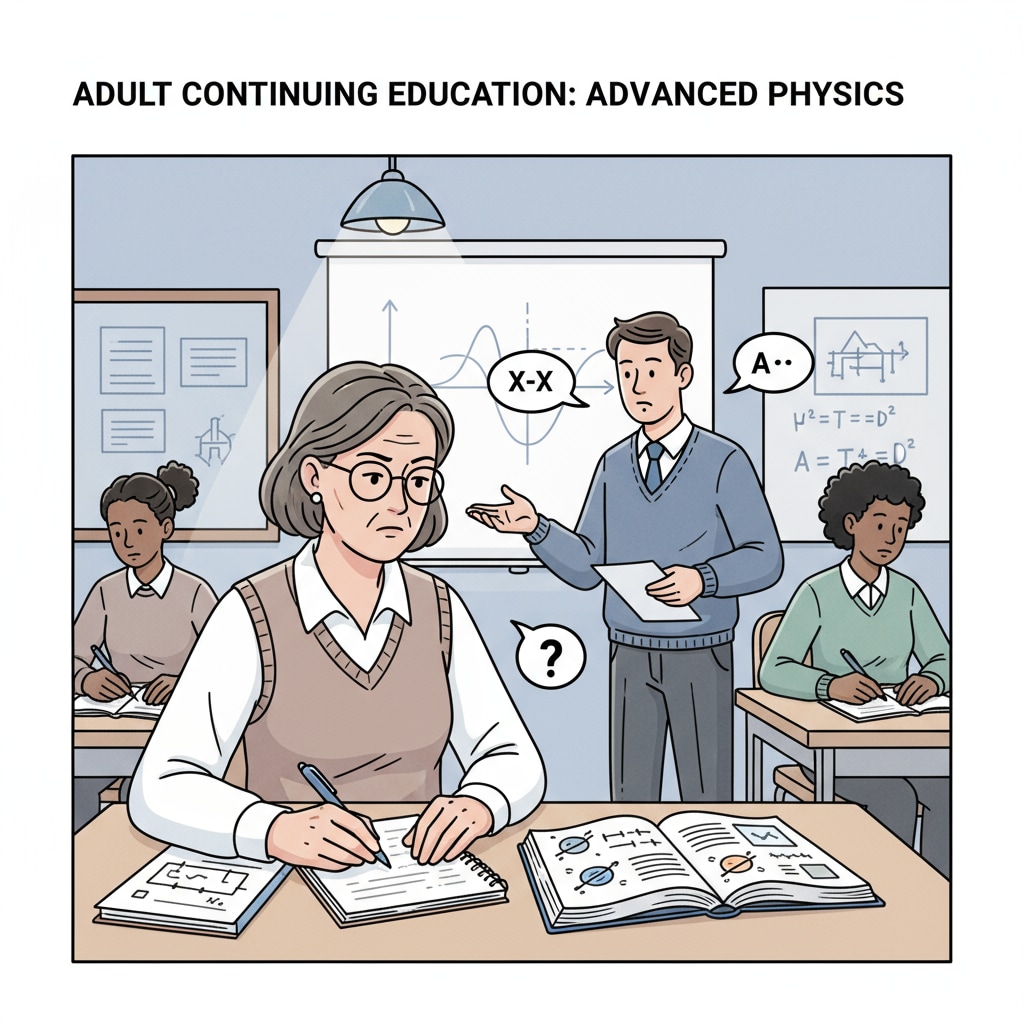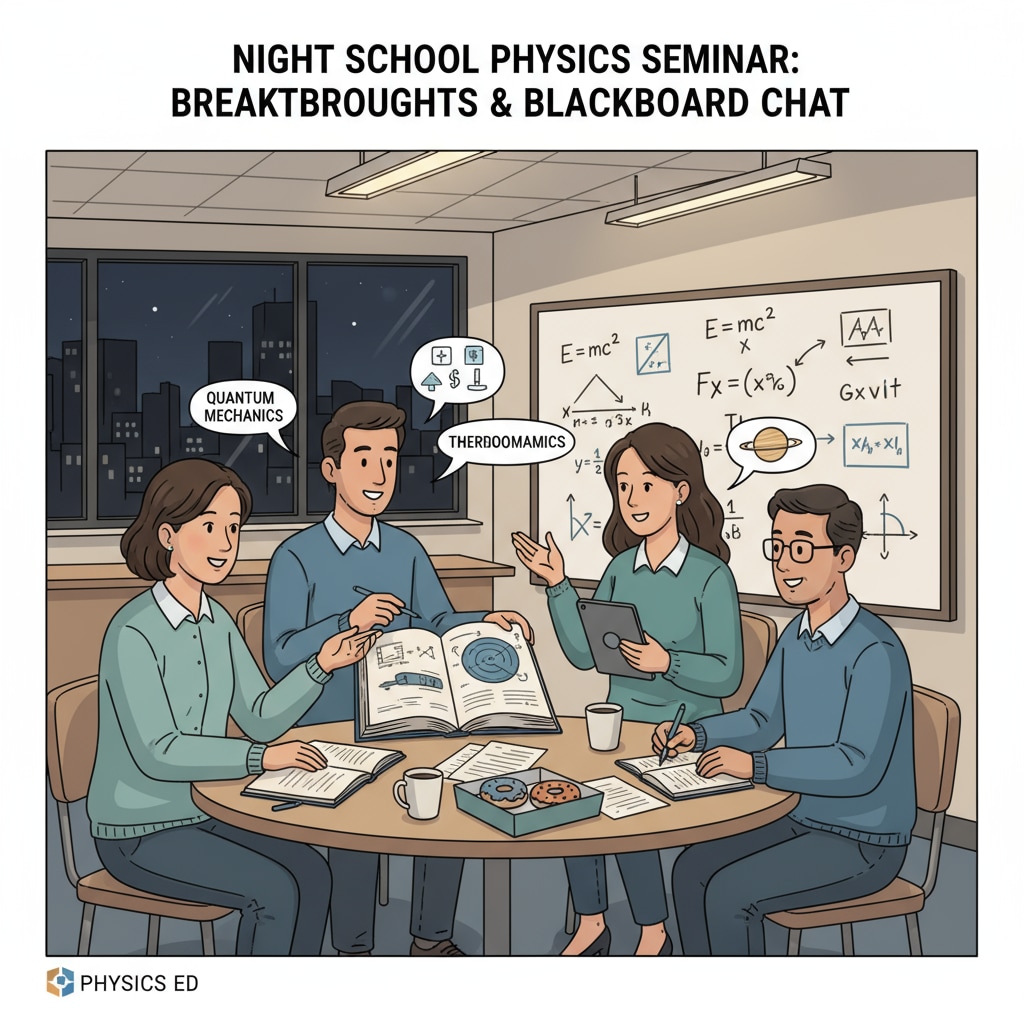In the realm of education, the pursuit of knowledge is a continuous journey. For in-service physics teachers, the idea of obtaining a postgraduate degree in physics or cosmology can be both exciting and challenging. This article delves into the viable routes for these teachers, with a focus on night school and online courses, two popular options that allow them to balance their teaching responsibilities with academic advancement.

The Appeal of Night School for Physics Teachers
Night school courses offer a unique opportunity for in-service physics teachers. Firstly, they provide a structured learning environment. Teachers can attend classes in the evenings, which doesn’t interfere with their regular teaching schedules during the day. For example, at many local community colleges or universities, night classes are specifically designed for working professionals. This means that the curriculum is often tailored to meet the needs of those with prior work experience. According to Britannica’s education section, such courses can enhance a teacher’s theoretical knowledge in physics, enabling them to bring more depth to their classroom teachings.

The Rise of Online Courses for Postgraduate Studies
Online courses have revolutionized postgraduate education. They offer unparalleled flexibility. In-service physics teachers can access lectures, study materials, and participate in discussions from anywhere with an internet connection. For instance, platforms like Coursera and edX collaborate with top universities around the world to offer high-quality postgraduate courses in physics and related fields. As a result, teachers can fit their studies around their work commitments. This flexibility also allows them to learn at their own pace, which is particularly beneficial for those who may have busy teaching schedules. Referencing Wikipedia’s online learning page, it’s clear that online courses have become an essential part of modern education for working individuals.
Balancing work and study is no easy feat. However, with proper planning and time management, in-service physics teachers can achieve their postgraduate goals. One strategy is to set aside dedicated study time each day. This could be early in the morning or late at night when work demands are lower. Additionally, teachers can break down their study tasks into smaller, manageable chunks. By doing so, they can make the most of their limited time. Another important aspect is to communicate with their employers. Some schools may offer support or even financial compensation for teachers pursuing further education. This not only eases the financial burden but also shows the school’s commitment to teacher professional development.
Readability guidance: As we’ve seen, night school and online courses provide excellent opportunities for in-service physics teachers to pursue postgraduate degrees. By leveraging these options and implementing effective time management strategies, teachers can enhance their professional knowledge and skills, ultimately benefiting both themselves and their students. In conclusion, the journey of an in-service physics teacher towards a postgraduate degree is a rewarding one, filled with opportunities for growth and learning.


